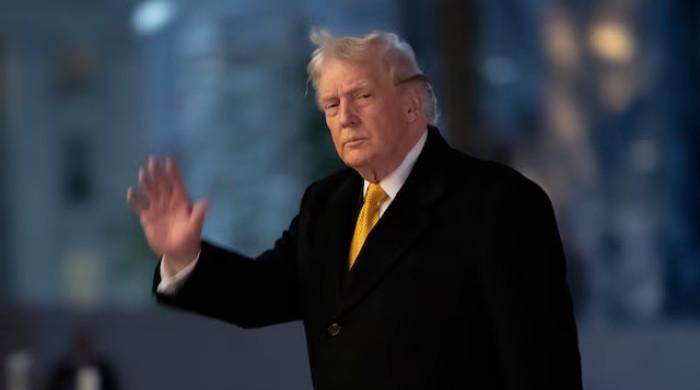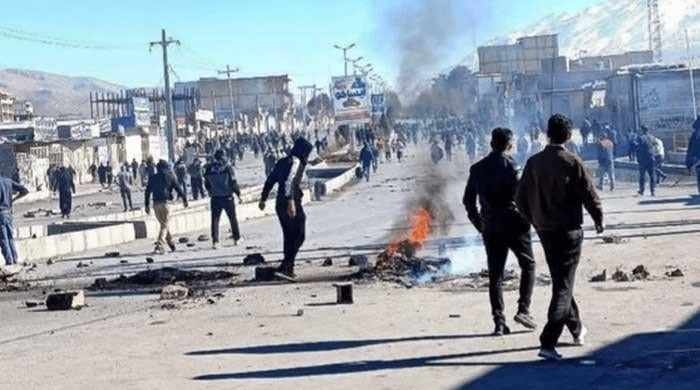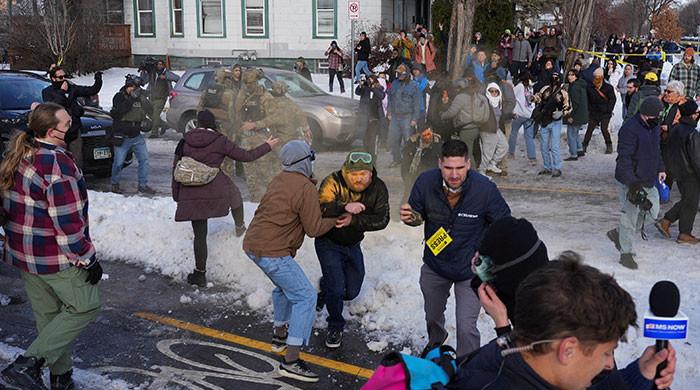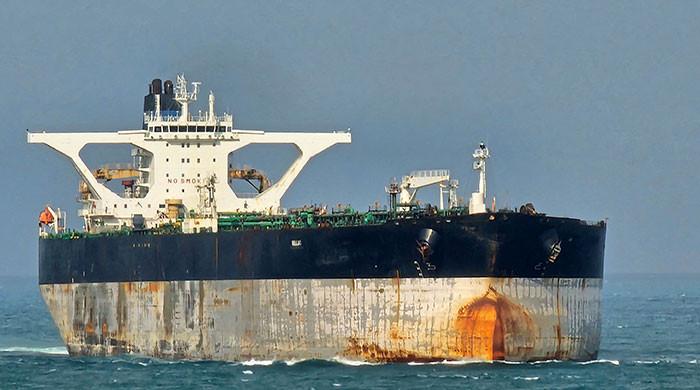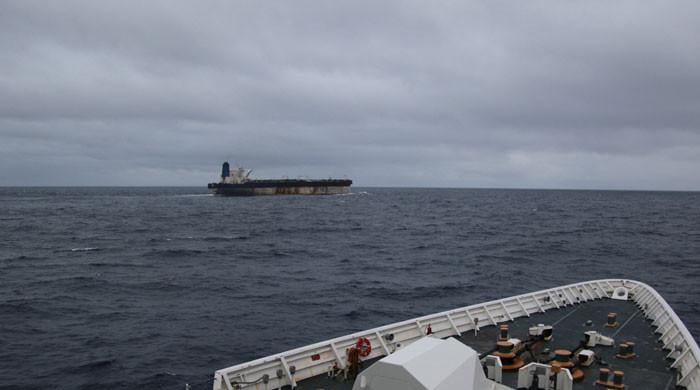Ecuador votes for presidential elections amidst security challenges
The nation seeks to break free from a spiral of violence and economic instability
August 20, 2023
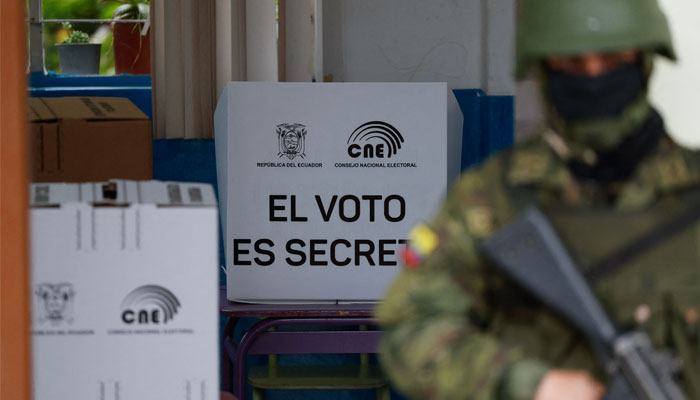
Ecuadorians are exercising their right to vote in a momentous election to elect a fresh president and legislature amid uncertainty and adversity.
The nation seeks to break free from a spiral of violence and economic instability, where campaigns have been marked by incidents of violence.
Navigating Security and Economic Turmoil
As the election unfolds, the issue of security has taken the spotlight, intensified by the tragic assassination of anti-corruption advocate Fernando Villavicencio on August 9. Villavicencio, a former investigative journalist and lawmaker, was shot dead during a campaign event. Police have arrested six suspects, all of them Colombian nationals affiliated with criminal gangs, while another suspect perished from injuries sustained in a subsequent shootout.
Diverse candidates and their visions
The Ecuadorian electorate faces a diverse array of candidates, each projecting their distinct visions for the nation.
Leading pre-election polls with approximately 30% of voting intention is Luisa Gonzalez, a protegee of former President Rafael Correa. She pledges to inject $2.5 billion from international reserves to invigorate the nation's economy, alongside reintroducing social programs initiated during Correa's tenure.
Pro-market candidate Otto Sonnenholzner has adopted a more robust stance in the wake of Villavicencio's assassination, vowing resolute action against violent criminals.
Jan Topic, a law and order advocate with a background in the French Foreign Legion, emphasizes swift solutions to security challenges.
Daniel Noboa, the scion of a prominent banana magnate, anchors his campaign on job creation, while Yaku Perez, an environmentalist Indigenous candidate, promises to scrutinize mining concessions for environmental and social compliance.
Voter voices and aspirations
Ecuadorian voters echo their concerns regarding economic struggles and rising crime rates as the voting takes place. Monica Barba expresses her yearning for a positive change through the victory of Correa's party.
University student Menaly Luge underscores the importance of opportunities and the prevention of youth migration. As Ecuadorians cast their votes, candidates like Christian Zurita, stepping in after Villavicencio's tragic demise, emphasize improved law enforcement and intelligence protocols.
Notably, Villavicencio's name remains on the pre-printed ballots, a testament to his enduring legacy.
Referendums and legislative selection
Beyond the presidential race, two environmental referendums are also up for voting, likely to influence mining and oil exploration policies. With an electorate numbering 13 million, Ecuadorians will also elect 137 members of the national assembly.
Voting is mandatory for individuals aged 18 to 65, and a robust security presence comprising 100,000 police and military personnel ensures a safe process.
A candidate must secure either 50% of the vote or 40% with a 10-point lead over the nearest contender to secure victory in the first round. If these thresholds are not met, a second round of elections will take place on October 15.




